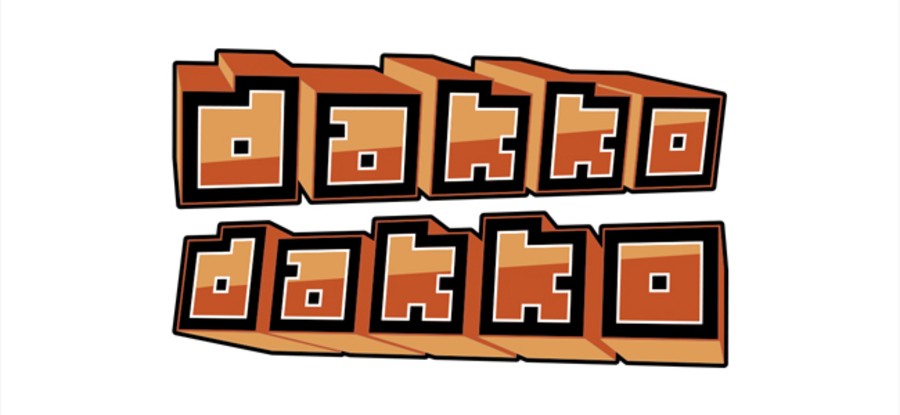
A lot of the best PlayStation Minis are gradually finding their way onto the PlayStation Vita. FuturLab made a big splash out of announcing its upgraded version of Velocity earlier in the year, and since then we’ve also seen Hungry Giraffe chomp its way onto the futuristic handheld. Never one to miss out on a party, Welsh developer Dakko Dakko has decided to join in on the fun, confirming that its popular indie hits Floating Cloud God Saves the Pilgrims and The Adventures of Rotating Octopus Character are rocking onto Sony’s system this summer, too. We caught up with producer Dan Croucher to talk high-definition conversions, cuddles, and, of course, PlayStation 4.
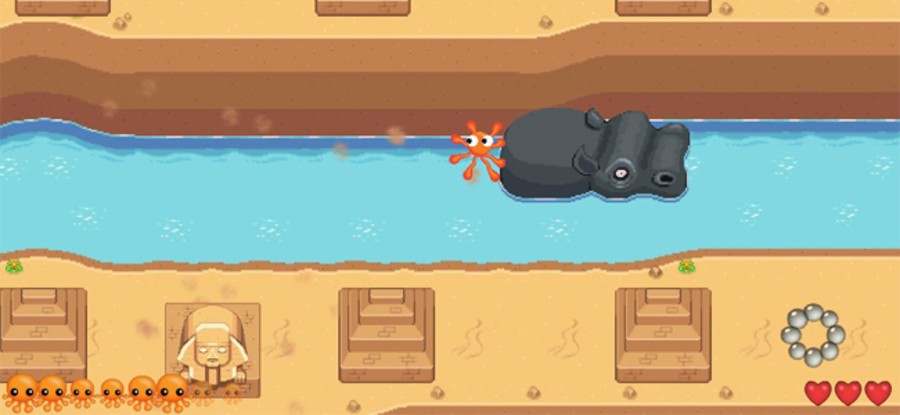
Push Square: Could you give us the elevator pitches for Floating Cloud God Saves the Pilgrims in HD and The HD Adventures of Rotating Octopus Character?
Dan Croucher: Both games are remakes of PlayStation Minis games that were the first two titles Dakko Dakko made. In Rotating Octopus you spin along the edges of walls and blocks, avoiding a range of unusual enemies, and trying to collect all of your octo-babies, who were spread far and wide by a dastardly missile test. Your only controls are a jump – which launches you out from the wall – and the ability to change direction on the wall. It's a tight, smooth, and very polished take on platforming, and sums up the sort of games that we try to make. The original game had a story mode, where you play through over 70 stages, and a challenge mode, where you have to beat very strict time limits to perfect the game. For Vita, among other things, we've given every challenge stage an online leaderboard, which should really ramp up the competition, and give players more times to beat.
Meanwhile, Floating Cloud God is a side-scrolling shooter based in traditional Japanese myths and folklore, with the added twist that it's also one big escort quest. You play as the Floating Cloud God himself, summoned by pilgrims to fight on their behalf, and your pilgrims come with you through every level. Their worship powers you up, but they are very vulnerable. Losing one is easy, and if you lose them all, then it's game over. It's a very pretty game, with Japanese monsters and landscapes done in hand-drawn vector art by Gary Lucken of [pixel art outfit] Army of Trolls. For Vita we've been able to go back and refine all of the game art so it looks pin-sharp. The Vita screen’s resolution is huge, and coming from the original PSP version, it feels like you've got a new pair of eyes.
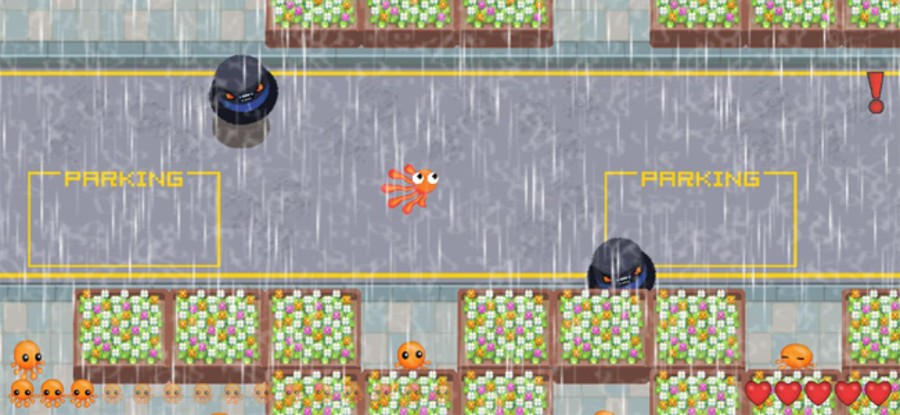
PS: Why have you decided to bring the games to the Vita?
DC: Vita is a lovely games machine with bags of potential. Neither of our games stresses the machine’s considerable processing power, so we can use all of the Vita's strength to put nice big sharp game art on the massive screen and ensure that the games run at a solid, reliable framerate. We jumped at the chance to present games that we already love in an improved form on a new platform.
Vita also brings new infrastructure that we can use: leaderboards, LiveArea, and, importantly, Trophies. We've worked hard to match the Trophies to our gameplay, so in Rotating Octopus, for example, there are some really mean ones that will take proper mastery of the game to get, and that's a real positive for us. The Trophies extend the game, and mean it can be played in new ways, but we don't have to change the core gameplay that we think works so well already.
Vita also obviously means a new audience and a refresh of each game’s profile. It makes us happy to think that there's another chance for us to find players who missed us the first time around.
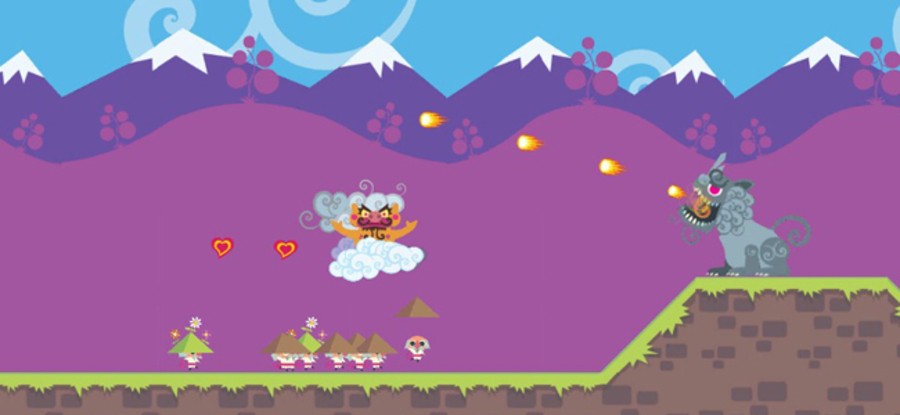
PS: How are you finding the conversion process? Is the Vita really as easy to program for as Sony says?
DC: It's gone really well – the main parts of the game were up and running very fast, which is credit to our team as well as the machine. Obviously with online features there is some overhead, but it's gone smoothly and we've had no big problems at all. We are localising both games into French, Italian, German, and Spanish this time around, and the submission criteria for Vita are a little heavier than the Minis ones were, so there's as much on the production side as the programming side – but for both, developing on Vita has been a pleasure.
PS: Can we expect any interesting uses of the handheld’s hardware in either of the games?
DC: We're looking at a few control options for Cloud God, one of which we hope will use rear touch to add a new way of playing. In fact, Vita has a wealth of control options, and we'd like to try them all for Cloud God before landing on the best fit.
To be honest, though, heavy use of touch or camera is something you want to be designing in from the very beginning of a game idea, and it's hard to add too much to a finished game without upsetting the balance. Rotating Octopus will stick to its tried and tested controls – game design perfection was already achieved – and will use the aforementioned leaderboards and Trophies to bring new aspects.
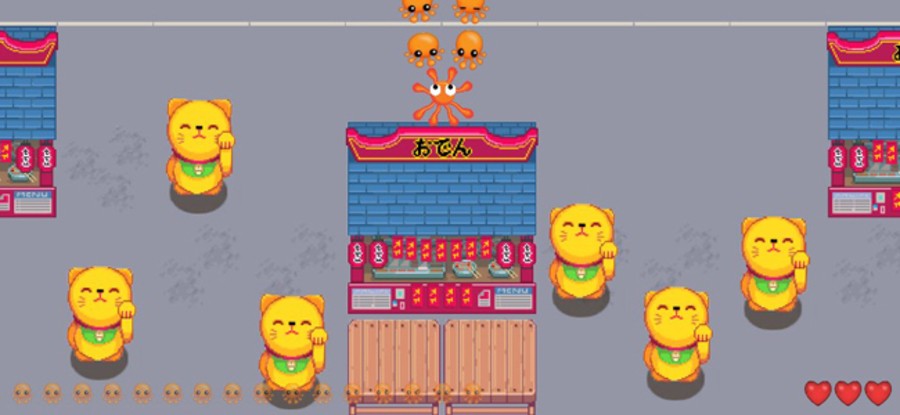
PS: Sony’s been really talking up indie games at GDC, an initiative you’re a part of. What makes PlayStation a good option for smaller developers?
DC: With the platforms available to small developers like us converging in terms of specifications, the real distinction will come in how easy it is to get on the system, get access to hardware and software, get help through development, and get through certification – and then crucially, find a home that gets you to players.
Apple has changed the landscape over the last four or five years with the way the App Store works, and every day I hear of something that Sony is doing to make life easier for people like us – be that making concept submission easier, leasing development kits, or waiving certification fees.
Making games is hard enough on its own, let alone worrying about the platform itself all of the time, and I think small developers especially will go wherever they can afford to in search of sales and happy customers. If the platform holder can make it close to zero overhead to get games made and shipped, then developers will come. The number of indie developers announcing their games on Vita in the last few months is a real testament to the effort that Sony is making.
PS: You’re based in Cardiff. What’s the Welsh development scene like?
DC: It’s not yet where we’d like it to be, but it’s growing, and South Wales is full of budding young game makers with a lot of talent and enthusiasm. Some of our friends have a meeting once a month to show off new projects and offer advice, and recently they have begun more formal showcases and mini-conferences which are starting to gain traction. It’ll be nice if from here on out, due to these efforts, South Wales starts to grow as a UK game development hub.
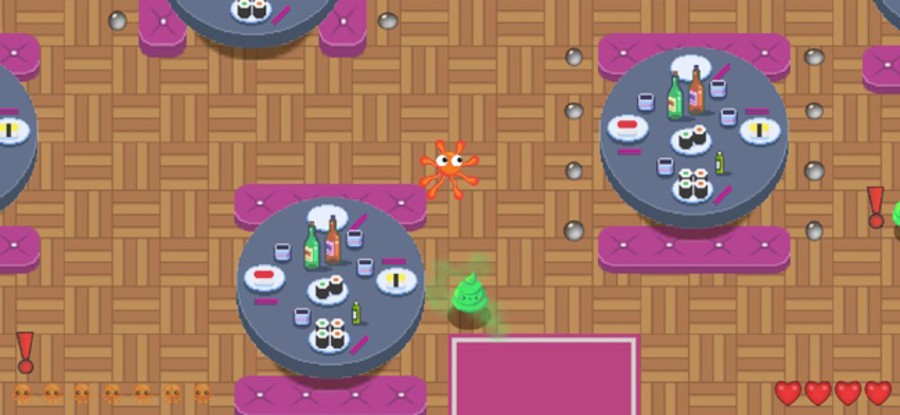
PS: What did you make of the PS4 announcement earlier in the year? Are we going to see any Dakko Dakko games on the platform?
DC: It was exciting! There's nothing like new Sony hardware, and even our jaded friends and those who proclaim the death of consoles seemed to be up at midnight watching the stream. The big news for us is the infrastructure, the ease of development, the social features – more control methods! Basically, new hardware always generates new game ideas that haven't been done before, and it's reinvigorating for the industry and great for players.
We've got plenty keeping us busy for a little while with the Vita remakes, and our upcoming Wii U title Scram Kitty and his Buddy on Rails, but hope that we can get our hands on it, and, in the future, who knows?
PS: Finally, where on Earth did you get your name come from?
DC: "Dakko Dakko" is how kids ask their parents to carry or hug them in Japanese. While our games are built to be challenging, we like to think that their style and themes are welcoming and uplifting for all players, so it comes from that.
Are you looking forward to the PlayStation Vita ports of Floating Cloud God and Rotating Octopus Character? Let us know in the comments section below.

Comments 1
Very cool news. I liked both of those games. The good news just keeps on coming for Vita.
Show Comments
Leave A Comment
Hold on there, you need to login to post a comment...